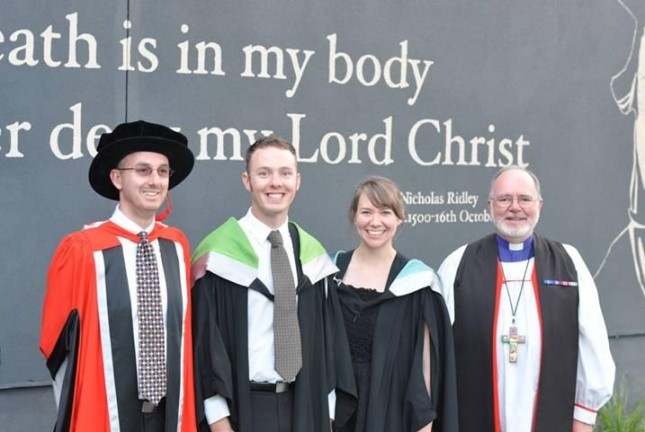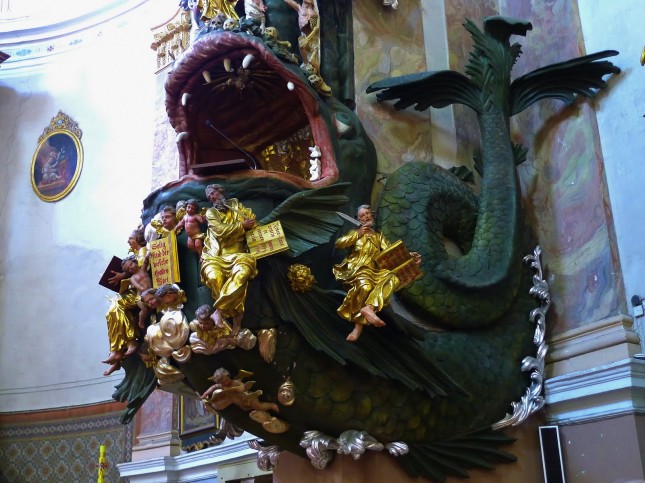MEDIA ADVISORY:
BISHOP GETS HANDS DIRTY AT NEW CHURCH BUILDING WORKS
The Anglican Bishop of Tasmania, the Right Reverend John Harrower, will tomorrow get his hands dirty at the building works for the new Wellspring Church development in Sandy Bay.
With foundations currently going in, a section of the old hall will be removed to make way for new buildings.
The new $3 million Wellspring Church will adjoin St Peter’s Church in Sandy Bay and includes a 330-person worship centre, new meeting rooms and offices, as well as restorative works on the historic St Peter’s building.
The Church is being built to accommodate the rapid expansion at Wellspring, now one of the largest Anglican churches in Tasmania. Wellspring Church currently has around 300 people attend each week and is home to a number of youth/student parishioners and a Chinese language congregation, with many international students.
Wellspring Church is the merger of the previous BayWest (St Peter’s Sandy Bay) and Holy Trinity North Hobart congregations in 2007. Since the merger, numbers have grown about 40%.
Bishop Harrower said he was excited to see the new development take shape.
“Recently we have had significant renovations to Anglican churches and now we have the first new Anglican church building in Hobart since St Clement’s Kingston in the 1980s. This is a clear sign of a healthy growing local church.
“I’m delighted to be able to come and support this wonderful bringing together of our historic past with an exciting future.”
Bishop Harrower will be available on site at Wellspring Church (corner of Grosvenor and Lord Streets, Sandy Bay) at 10am, Friday 4 May. Media are asked to come to the Lord St entrance to the building site.
Contact: Media Officer – Rev. Stephen Carnaby 0417 343 710


